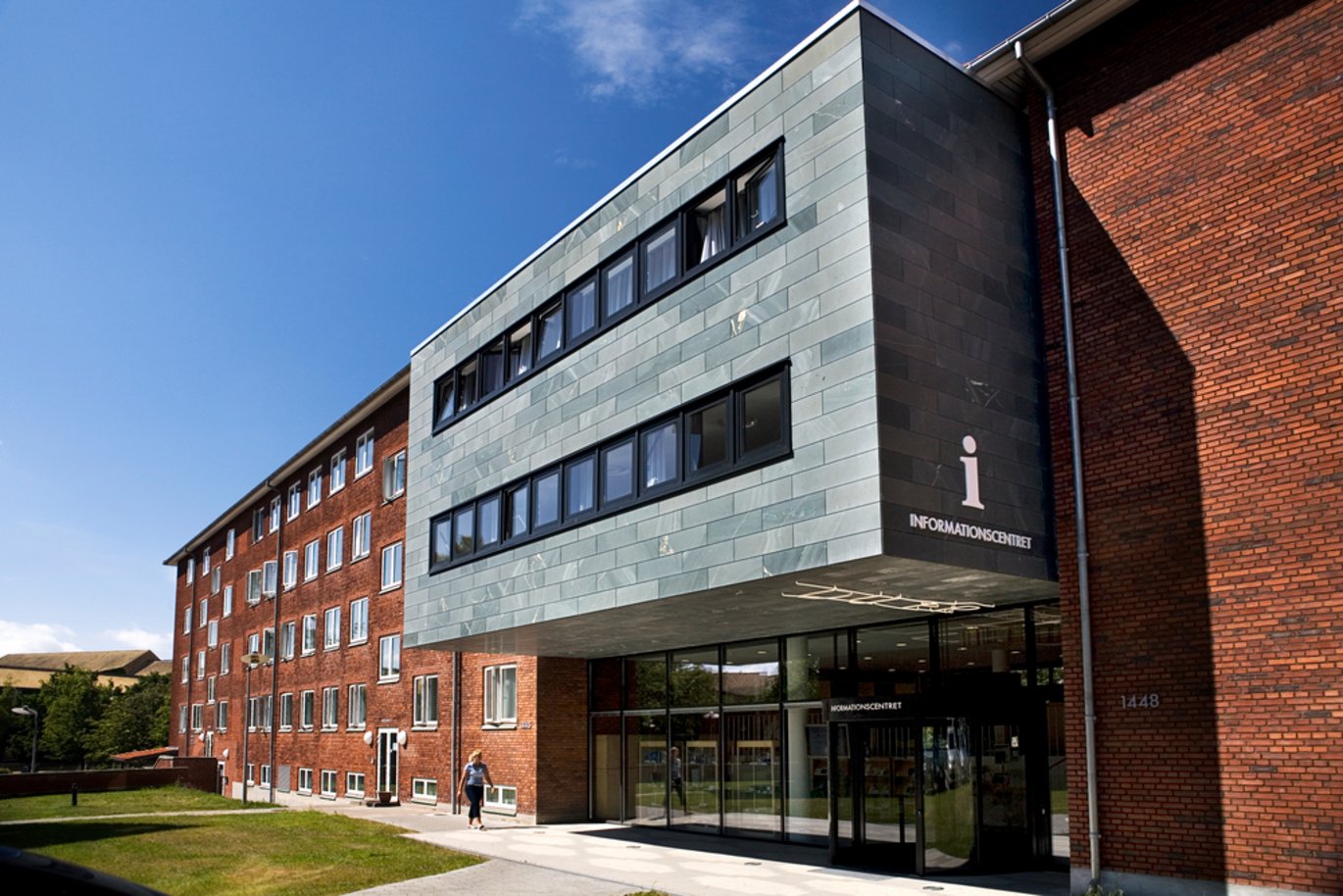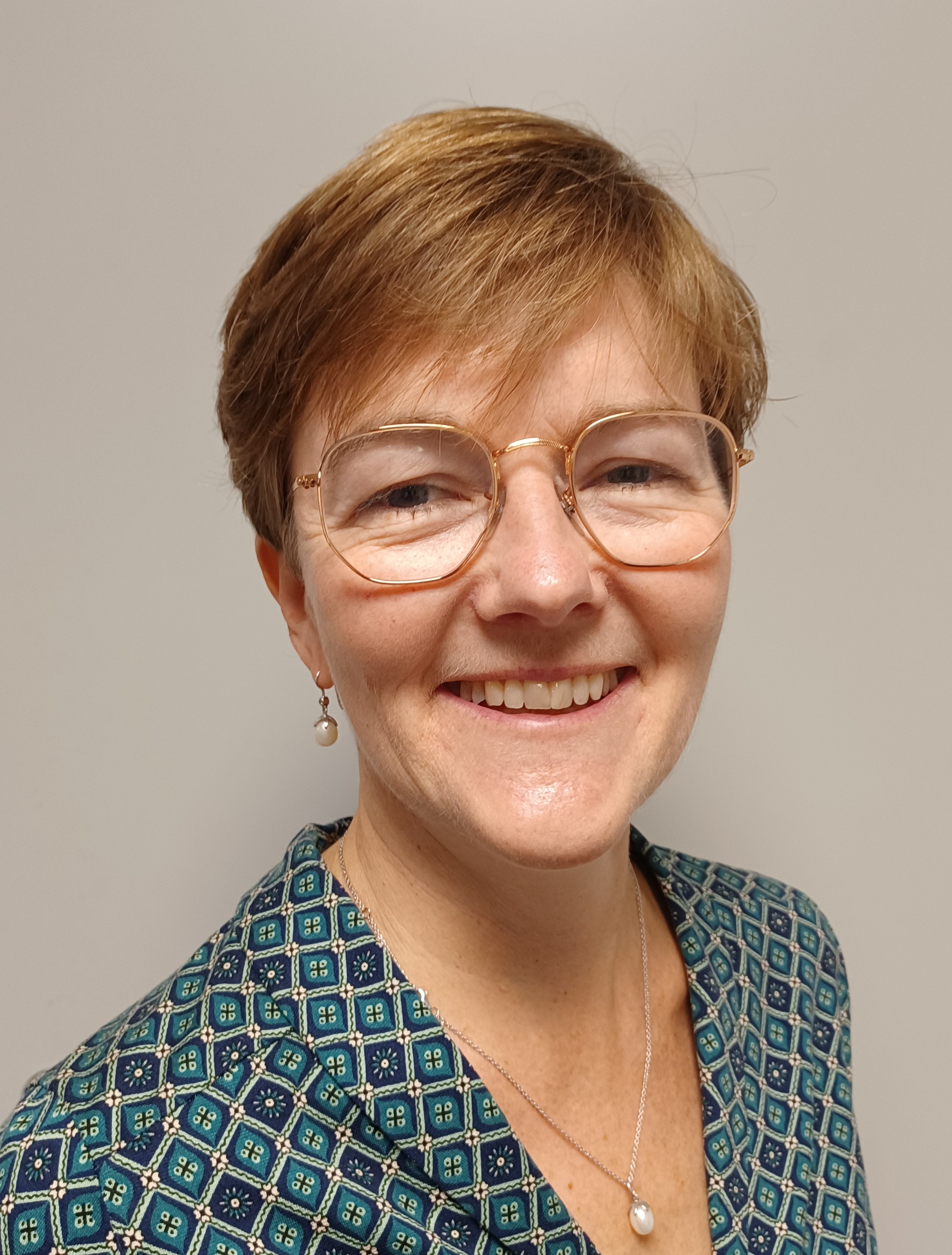Assistive technologies and strategies support students with disabilities
The number of students receiving special educational support is increasing. In this interview with Mette Wittorff Schmidt, Centre Director at the Counselling and Support Centre, she explains how the support, among other things, largely focuses on providing students with the right tools to navigate student life as independently as possible.


In the spring semester of 2024, around 2,400 students at AU received special educational support. This number has been increasing in recent years. Not only at AU but also a national development, which has been described in a report from the Danish Evaluation Institute (Danmarks Evalueringsinstitut – EVA).
The report has mapped out the organisation of the support for students with disabilities in higher education:
“The report highlights how remarkably varied the organisation of counselling and support is across the country. It really emphasises how complex an area it is,” concludes Mette Wittorff Schmidt, who is the centre director at the Counselling and Support Centre (Rådgivnings- og Støttecenteret).
The students with disabilities at AU are a heterogeneous group. It includes dyslexia and dyscalculia, mental and neurological disorders, chronic illnesses such as arthritis, hearing, visual and mobility impairments, and many other challenges which students may need help managing. And this is where the Counselling and Support Centre steps in.
Supporting student agency
The Counselling and Support Centre offers a wide range of help. Students with mental and neurological disorders can receive educational counselling from staff at the centre who are either trained psychologists or hold a master's degree in education. Students with conditions such as dyslexia or dyscalculia can get help from a literacy counsellor:
“It is not the role of a literacy counsellor to correct or help write the student’s papers or to provide special needs education,” says Mette Wittorff Schmidt.
“Instead, we help students develop strategies to compensate for the difficulties they face. It is compensatory support that we offer. For example, how they actively participate in class or engage in group work might be something that the students need help developing strategies for. Our goal is to help students become independent.”
Mette Wittorff Schmidt also emphasises that participating in a support arrangement is resource-intensive for students, as it is a developmental process they engage in alongside their studies.
“A bureaucracy of impressive proportions”
The Counselling and Support Centre offers help to students who are granted support based on a disability. Every semester, a dedicated team assesses eligibility for support based on a documented diagnosis, and the counselling and support staff then provide a significant portion of the support in the form of literacy counselling or educational counselling. The centre has around 50 counsellors providing this kind of support.
In addition, students with physical disabilities and some forms of chronic illness can be granted support, including assistive devices for vision or hearing impairments, secretary hours, educational support, or ergonomic aids.
The system is organised so that AU has a dedicated team responsible for referring students for support and applying for funding from the National Agency for Quality and Supervision. This application to the agency must be repeated every single semester for every single student. Thus, the funding does not automatically follow the student throughout their programme.
After the initial assessment, it is the staff at the Counselling and Support Centre who provide much of the support. However, certain areas of support are outsourced to external providers. In the EVA report, you can find an overview of providers of support at AU on page 58.
In the report, employees note that “it is difficult for students to understand these different systems of support schemes and opportunities.” (EVA, p. 121). This poses particular challenges at the commencement of studies, where some students “find it overwhelming to navigate an application process alongside all the other changes they experience at the start of their studies” (EVA, p. 121). And Mette Wittorff Schmidt agrees:
“It is a bureaucracy of impressive proportions.”
The role of the teacher in an inclusive learning environment
“Teachers should focus on the teaching. We address each student’s specific barriers in the programme and support them in managing these challenges. But teachers can still feel pressured by students who display behaviour different from what they expect,” acknowledges Mette Wittorff Schmidt.
“Therefore, students with disabilities is a topic that many teachers cannot avoid having to address. And it can be useful to have basic knowledge of the subject so that you always have some sort of backup plan if you suddenly find yourself in a difficult situation in class," she says.
To address this, the Counselling and Support Centre, in collaboration with the Student Guidance and Information and the CED, has developed a page on AU Educate about how to respond to situations where students struggle in class.
Mette Wittorff Schmidt also acknowledges the tremendous work that many teachers do:
“In my opinion, the teachers are already doing an excellent job of addressing the challenges that may come up during teaching. They do not need to start doing a lot of new things on their own. This is an undertaking that is far too difficult to solve alone. I would like to encourage teachers to share their experiences within their academic and collegial communities. Make use of one another and the resources available.”
She emphasises the importance of cross-collaboration in light of the growing number of students with disabilities:
"I would like to encourage management to put this topic on the agenda. The Counselling and Support Centre is keen to collaborate in creating conditions that allow all students to fully participate in their education. Among others, I think that Louise Bøttcher offers some interesting perspectives on inclusive educational structures that could be highly relevant to incorporate into this work," she concludes.
Learn more
You can read the full EVA report on special educational support in higher education in Danish here.
If you want to learn more about what you can do for your students with disabilities, you can find help on AU Educate.
On the page Boost your student life, students can find links to where they can seek help on their own. You can direct them to the page if they have not found it themselves.
If you want to know more about how to address specific challenges related to the inclusive learning environment in your academic environment, you can book a CED consultant for a preliminary chat.
